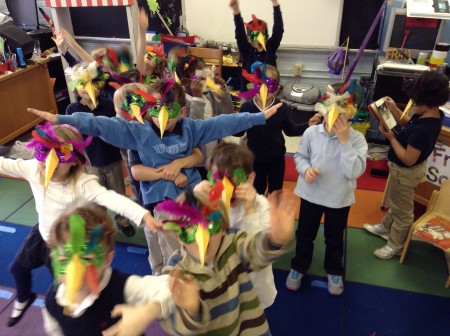
Dr. Shamita Johnson wants to send her Sutton Middle School students to France. Laura Miltner brings Germany to her Ashford Park Elementary kindergarteners.
They are just two of many teachers in local schools determined to guide their students toward becoming global citizens through language and cultural immersion programs.
“This is something that needs to be the new wave of education; everyone should be doing this, not just language classes,” Johnson said.
In her first year at Sutton, the French teacher is working on sending her language students to France. And 24 students from Saint Joseph School in Toulouse, France, will come to Buckhead in late April and live with host families from Sutton.
Meanwhile, some kindergarteners at Ashford Park Elementary in Brookhaven are getting a head start on learning German.
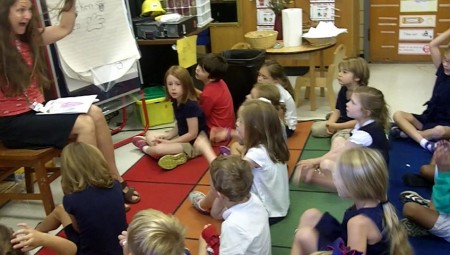
“It’s amazing; they’re like sponges,” said Miltner of her students.
The German immersion program at Ashford Park kicked off in 2013 when the school became one of three in DeKalb to receive a grant for a language immersion program. The plan is for the school to add a German immersion program to a higher grade each year as the students advance. The children enter the program in kindergarten, and through a lottery.
Miltner’s students study subjects such as math, science and social studies in German for half of the day.
She said German was chosen for Ashford Park in part because “we have a great German program at Chamblee Middle and Kittredge [Magnet School],” and because of a growing German population in the area.
Miltner said that language immersion programs are importation because of what they do for the brain.
“A lot of research shows that learning another language helps with brain development,” she said. “Students start thinking in two languages, which is really good for the thinking process, for creativity, and for success in school all around. And culturally you’re raising children with a wider world view. There are lots of plusses and no minuses.”
Johnson said it’s not just language arts students who benefit.
“I’m seeing more [science, technology, engineering and math] students in those professions going overseas more,” she said.
“They not only need STEM but need the language and to be exposed to other cultures in order to be competitive. The more we go outside our four walls, the more competitive we will be.”
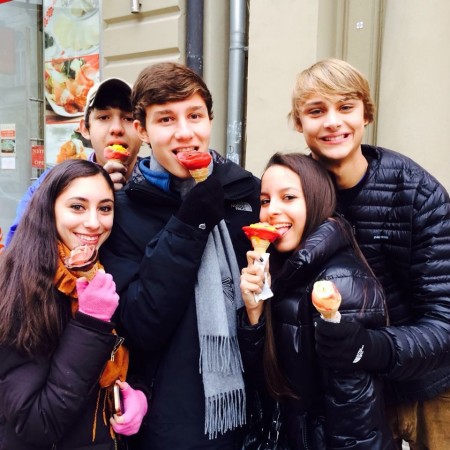
Parents appear to be on board. At Ashford Park, there’s a waiting list to get into the program. At Sutton Middle, most of Johnson’s French students are committing to traveling to Toulouse.
“Most parents know their children need to be exposed to the world,” Johnson said. “It’s not a privilege anymore; it’s a necessity.”
At Pace Academy, the school’s Parent Club recently launched a Citizens of the World Travel Grant Program, raising more than $1 million, which helps cover the cost of airfare for international study tours once during a student’s middle school career and once again in upper school.
“Our students are bringing back memories of cultures very different than their own,” Parents Club President Lori Movsovitz-Edlin said. “These experiences lead to greater awareness and an understanding of just how similar they are to others around the world.”
This school year, Pace students are traveling to Japan, China, Germany, Patagonia, Romania, Budapest, Italy, India, Cambridge, Nambia/Botswana, Greece, Australia, Dominican Republic and Costa Rica.
Wendy Albrecht, a French teacher at Holy Innocents’ Episcopal School, which offers a number of language and immersion programs, said that her students travel to a sister school in France, and that the connections they make with other students are crucial.
“It makes it personal,” she said. “For some students [studying the language in the classroom] is enough, but if you can make it about speaking to friends, wanting to communicate with someone is much more motivating.”
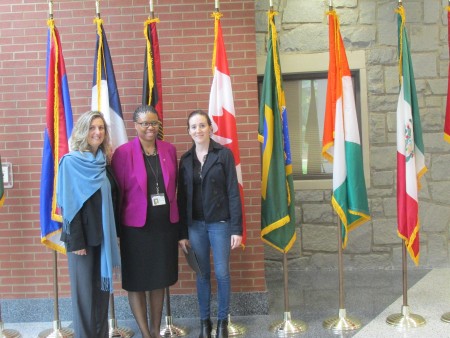
Johnson said she agrees that the interaction students experience once they arrive in a foreign country is a key to learning the language and the culture.
“You are forced to speak the language,” she said. “The area of France where we’re going, not many people speak English. You are drawn into the culture. You have to swim in order to survive. That’s good because you don’t have all the crutches you have in your own country.”

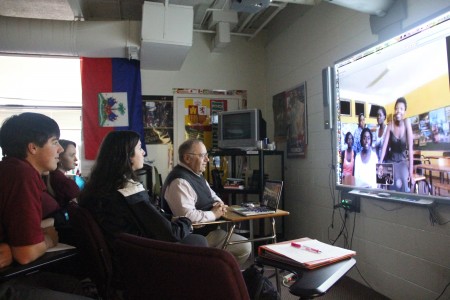
Comments are closed.